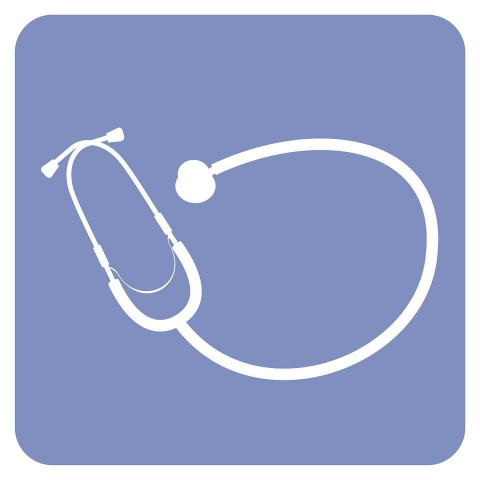Limited trauma facilities plague public hospitals
The total number of beds across all accident departments of government hospitals would be 300 only

Accident victims requiring immediate first aid for their injuries hope to receive urgent medical attention from whichever hospital they are able to reach in time yet for trauma patients in the port city, seeking medical help in the absence of adequate surgical emergency facilities, getting even a simple dressing for a wound might require hours of waiting and searching.
Rameez, and his wife, shared their struggle to receive timely medical care after they were injured during a road accident in Nazimabad.
“When we reached the emergency department at the Abbassi Shaheed Hospital, there weren’t enough treatment resources available therefore, we had to go to the Jinnah Hospital. Although the Jinnah Hospital was able to treat my minor wounds, my wife’s head injuries could not be treated properly and we eventually had to rush to a private clinic,” recalled Rameez.
Another youth Raheel was also injured during a road accident and had to receive first aid care at a private hospital. “Even though, I was lucky enough to receive proper treatment at a private facility, I feel for the poor patients, who would be unable to bear such high medical expenses,” said Raheel.
According to Dr Faisal Sultan, Chief Executive Officer (CEO) at the Shaukat Khanum Memorial Hospital, various challenges are facing public health facilities across the province. “There is a dire need for reforming and upgrading the public health sector. The trauma and accident departments of Karachi’s major government hospitals are not only inadequate in proportion to the increasing population, but the facilities available there are also not in line with modern standards,” highlighted Dr Sultan.
On a similar note, Dr Pir Ghulam Nabi Jilani, a public health expert, alluded to the fact that the majority of government hospitals in Karachi were not equipped to handle casualties after emergency situations like terrorist bombings, natural disasters and road accidents.
“The total number of beds across all accident departments of government hospitals would be 300 only, which is very low. Moreover, the on-duty doctors and paramedical staff are also not trained to deal with different kinds of accidental emergencies,” informed Dr Jilani, who further implored that there should be an emergency relief system at the government level, in which the Provincial Disaster Management Authority, rescue and relief institutions and local bodies work together in preparation for any emergency situation.
“Basic health centers should also be introduced at the union council level in Karachi so that the burden of patients on the big hospitals could be reduced,” added Dr Abdul Bari Khan, a public health expert and Head of the Indus Hospital.
“Our hospital receives 1000 patients in the emergency department every day,” claimed Dr Sabir Memon, Head of the Shaheed Benazir Bhutto Trauma Centre Karachi.
Dr Qaiser Sajjad, former Secretary of the Pakistan Medical Association, felt that it was a sad reality that government hospitals in the city did not have large-scale treatment facilities to deal with the growing number of accidental emergency cases. “The need of the hour is to set up new government hospitals in view of the rapid growth of Karachi’s population. There should be a 500-bed trauma hospital in every district, so that emergency situations can be seamlessly managed,” directed Dr Sajjad.
Dr Khalid Bukhari, Dr Faisal and Dr Nausheen, the respective representatives of the Civil Hospital, Abbassi Shaheed Hospital and Jinnah Hospital assured that steps were being taken for the expansion of their accident departments.
Speaking to The Express Tribune on the matter, the spokesman of the Sindh Health Department said, “We are making efforts to update the trauma facilities in government hospitals across the province, including Karachi.”
Published in The Express Tribune, March 6th, 2024.


















COMMENTS
Comments are moderated and generally will be posted if they are on-topic and not abusive.
For more information, please see our Comments FAQ